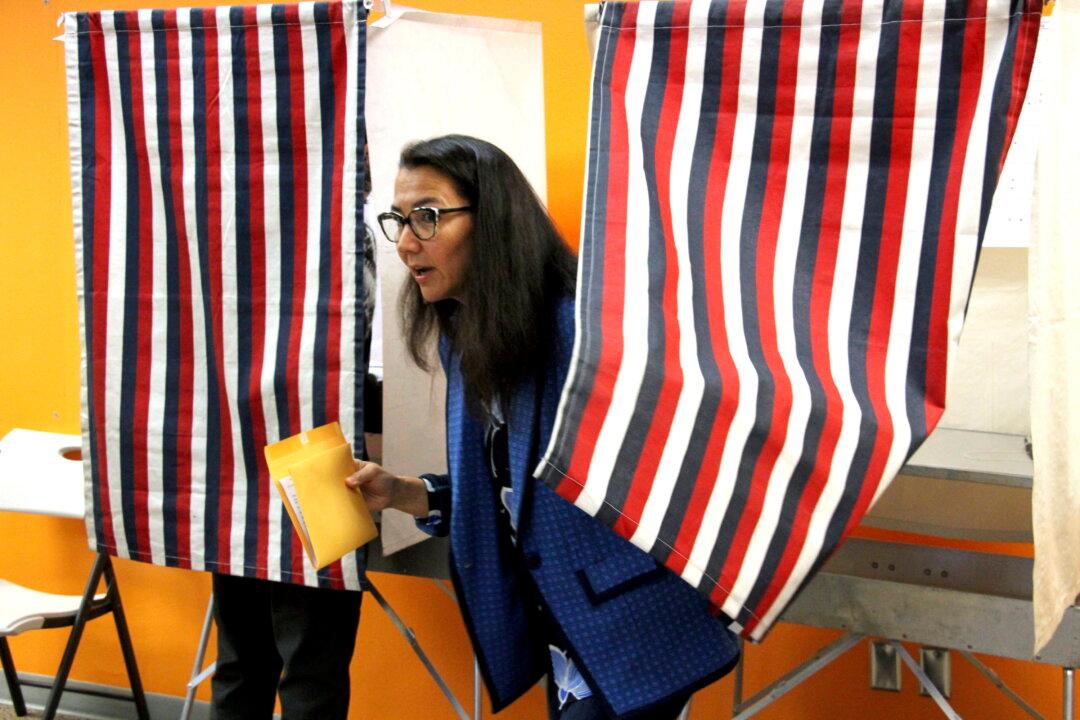The U.S. Justice Department said that it would monitor the Alaskan ranked-choice primary elections on Tuesday in certain jurisdictions to ensure compliance with voting rights laws for minority languages and disabilities.
The effort is to make sure the elections are administrated according to the Voting Rights Act of 1965 and the Americans with Disabilities Act of 1990.





